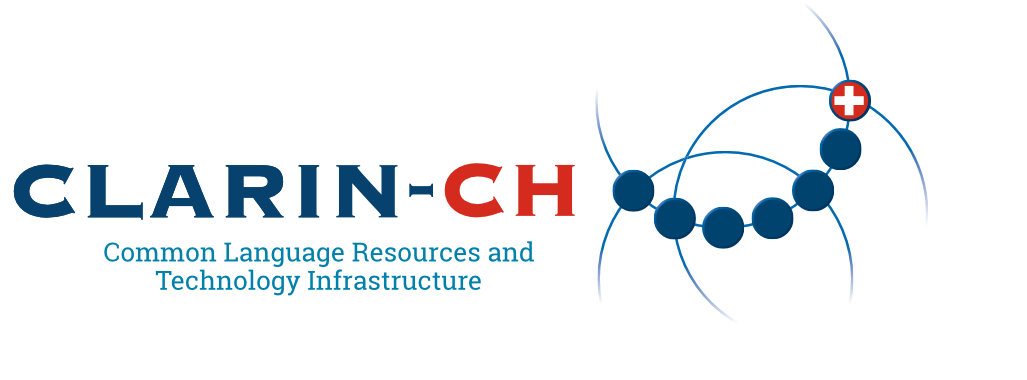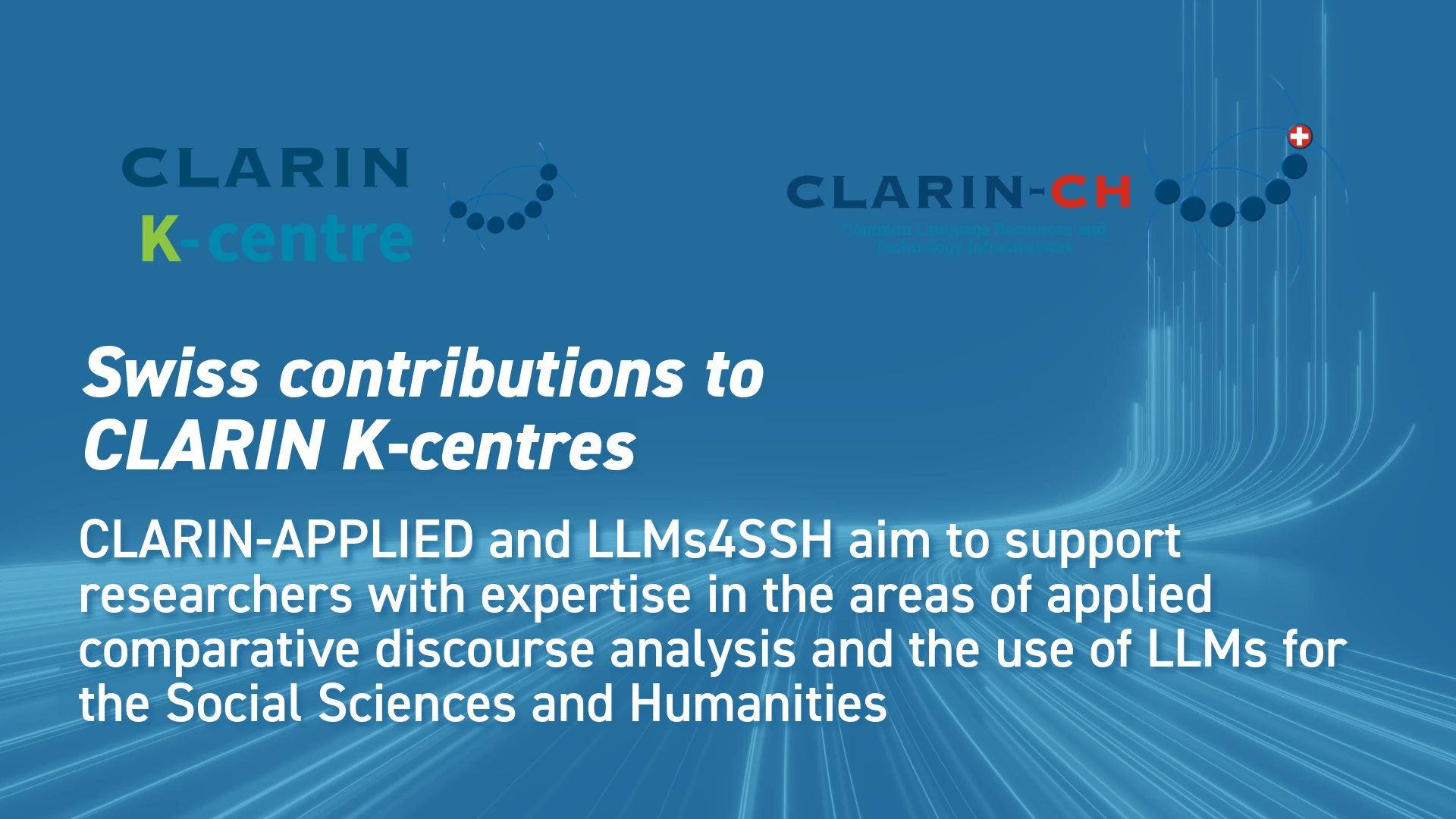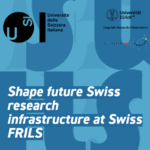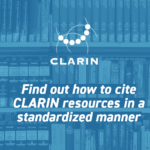To combat the potential fragmentation and disconnect of expertise within the CLARIN universe, Knowledge Centres (K-centres) have been set in place. They ensure the knowledge provided by CLARIN is made accessible in an organised way. So far, there are 38 K-centres active and more are created continuously by the community. This core component of the CLARIN Knowledge Infrastructure enables the continuous transfer of knowledge between researchers, technical staff, and experts constructing, operating, or simply using the infrastructure.
The centres are access points of linguistic information for researchers who build and use CLARIN. To ease access, K-centres may be tied to a virtual place instead of a physical one and more so, some centres are distributed across multiple locations within the CLARIN-sphere, meaning that experts from different countries will collaboratively work unified within a K-centre. Each access point either focuses on one specific topic, or covers a variety of topics with a common denominator (e.g. Alemannic German).
Swiss expertise at K-centres
Two K-centres prominently feature Swiss language researchers as their collaborators and will thus be presented in more detail in this article. LLMs4SSH is a centre that supports the use of large language models in the social sciences and humanities domain. Researchers from UZH as well as USI are lending their expertise in this regard. Whereas CLARIN-APPLIED originated at the Digital Discourse Lab from ZHAW and offers knowledge exchange on applied discourse analysis with the focus on multilingual corpora and corpora suitable for comparative analysis.
LLMs4SSH
Although able to facilitate the access to the computational resources of the Wroclaw Centre for Networking and Supercomputing Infrastructure in Poland, the centre is a virtual one offering its support to the effective use of LLMs within the SS&H community. Multiple Swiss language researchers are lending their expertise:
From UZH:
The researchers from UZH cover topics concerning the use of LLMs such as: multilinguality, multimodality, low-resource adaptation, LLM interpretability, text generation algorithms, the hugging face transformers framework, translation evaluation, AI literacy, language theory, historical texts, digitised texts containing OCR errors, and domain adaptation.
From USI:
Expertise from the scientists at USI feature subjects such as: foundations of LLMs, multilingual LLMs, testing and improving cognitive abilities of LLMs, ethical considerations, pragmatic analysis, financial communication, argumentation mining, and causality in online climate change discourse.
CLARIN-APPLIED
A centre developed by the Digital Discourse Lab at ZHAW with the full name of “CLARIN Knowledge Centre for Applied Comparative Discourse Analysis” that offers its resources on applied discourse analysis, specifically on multilingual corpora and corpora suitable for comparative analysis. The centre postulates five areas of expertise:
- Best practices in applied comparative discourse analysis
- Access to the Swiss-AL platform with various multilingual corpora
- Access to documentation of corpora and tools
- Access to multimodal learning material
- Curated list of relevant publications, and relevant resources and tools concerning comparative discourse analysis
The team around Prof. Julia Krasselt, Prof. Philipp Dreesen, and Prof. Peter Stücheli-Herlach supports researchers in using tools and resources for corpus linguistics, discourse linguistics, and content analysis as well as more related linguistic fields such as sociolinguistics. The Swiss-AL platform as main resource contains journalistic-, parliamentary-, and media corpora ready for content analysis. Furthermore, there are learning materials available such as screencasts, scenarios and educational videos explaining how to use the offered tools.
CLARIN-CH is proud to represent and support the CLARIN Knowledge Infrastructure with the aforementioned K-centres and applauds the researchers that work on keeping the expertise and knowledge alive and well.



